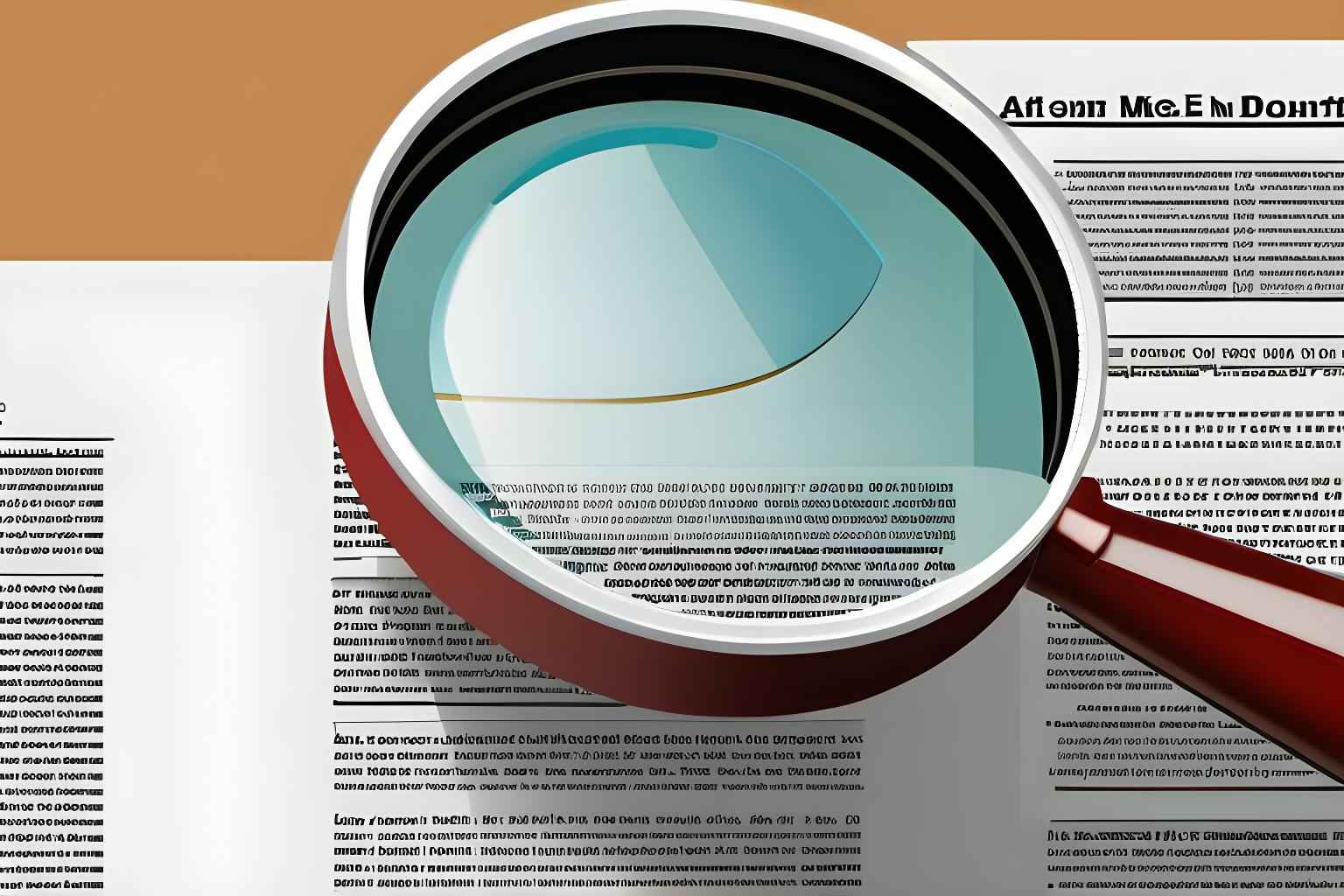Open AI reply to amended complaint Court Filing Kandis A. Westmore, November 3, 2023, is part of HackerNoon’s Legal PDF Series. You can jump to any part in this filing here. This is part 5 of 13.
II. ARGUMENT
B. The Copyright Act Preempts Plaintiffs’ State Law Causes of Action
Plaintiffs affirmatively assert that their California law claims are “premised on the unauthorized use of Plaintiffs’ code for training purposes by Codex and Copilot without their consent and removal of their CMI.” (Opp. at 16; see also id. at 17 (stating that “it is that wrongful use [of Plaintiffs’ code as training data] that [] underlies Plaintiffs’ California law claims”).)
Plaintiffs argue that the right to use Plaintiffs’ code for training AI products places their claims beyond the reach of federal copyright law because Section 106 of the Copyright Act doesn’t cover “use.” (Id. at 17.)
This is an admission that training AI models does not, in and of itself, infringe anyone’s copyrights. OpenAI agrees, but Plaintiffs’ claims are still preempted.
Where a state law claim arises from a right within the general subject matter of copyright, it can still be subject to preemption, even if the precise contours of the right differ from those conferred by Section 106 of the Copyright Act. See Close v. Sotheby’s, Inc., 894 F.3d 1061, 1070-71 (9th Cir. 2018) (holding that a California law that granted rights beyond the scope of a copyright holder’s distribution right nonetheless was equivalent to the distribution right for preemption purposes); see also Symantec Corp. v. McAfee Assocs., No. C-97-20367, 1998 WL 740798, *4 (N.D. Cal. Jun. 9, 1998) (The “fact that the state-created right is ... broader ... than its federal counterpart will not save it from pre-emption.”) (cleaned up).
Plaintiffs do not appear to dispute that their claims fall within the subject matter of copyright.
The question, then, is whether Plaintiffs’ claims are “equivalent to rights within the general scope of copyright as specified by section 106 of the Copyright Act.” Close, 894 F.3d. at 1069 (cleaned up).
Notably, a plaintiff’s claims need not be “coextensive” with or “precisely within the contemplation of” the Copyright Act to be considered “equivalent” to the rights within Section 106 of the Copyright Act, id. at 1071; rather, claims are preempted unless they are “qualitatively different from the copyright rights,” Laws v. Sony Music Ent., Inc., 448 F.3d 1134, 1143 (9th Cir. 2006) (cleaned up).
In arguing that that standard is met here, Plaintiffs claim that their state-law claims are about “use” of their code as training data, and that “use” is not one of the exclusive rights of copyright. (Opp. at 16 (citing MTD Order at 10).)
But Plaintiffs made essentially the same argument with respect to their original Complaint. (See Dkt. No. 66 at 11 (“Plaintiffs allege that Defendants, through their unauthorized use of Plaintiffs’ code to train Codex and Copilot, and their display of Plaintiffs’ code to others for commercial gain, violated Plaintiffs’ rights under state and common law.”).)
This Court rejected Plaintiffs’ argument then, and it should do so now. Plaintiffs’ claims are fundamentally constructed on the premise that they own copyrighted code, and that that code was misappropriated by OpenAI to create unauthorized reproductions and an unauthorized derivative work. (See MTD at 8-9.)
Those claims are “equivalent” to a claim based on rights within Section 106 of the Copyright Act, and Plaintiffs cannot escape that fact merely by attempting to label them as “use.”
For example, in Laws, the plaintiff argued that her claim was not preempted because it was based only on unauthorized “use” of her voice, but the claim was nonetheless preempted, because the “the sole basis for her voice misappropriation claim is the unauthorized reproduction of her copyrighted vocal performance,” whether or not that reproduction infringed anyone’s copyright. Laws, 448 F.3d at 1143-44.
Altera Corp. v. Clear Logic, Inc., 424 F.3d 1079 (9th Cir. 2005), the case cited by the Court in its prior order (MTD Order at 17), does not compel a different conclusion.
In Altera, customers using the plaintiff’s software, which programmed semiconductor chips, agreed to the terms of a licensing agreement that limited the use of software to “the sole purpose of programming [chips] manufactured by … and sold by [the plaintiff].” 424 F.3d at 1082.
In finding that plaintiff’s breach-of-contract claim was not preempted, the court noted that the underlying conduct challenged was a prohibited use of the software’s output bitstream files, rather than reproduction of the software itself. Id. at 1089.
Here, Plaintiffs have not challenged OpenAI’s use of any end-product of their code. Rather, Plaintiffs’ claims rest on the supposed unauthorized creation of a derivative work (in the form of the model) and reproduction of Plaintiffs’ code (in the form of outputs from the model).
Such claims are preempted. See DocMagic, Inc. v. Ellie Mae, Inc., 745 F. Supp. 2d 1119, 1148 (N.D. Cal. 2010) (concluding that, because the “unauthorized use of a software’s end-product is, however, legally and factually distinct from the unauthorized use of software itself,” defendant’s counterclaim related to the unauthorized use of copyrighted software constitutes copyright infringement).
Therefore, all of Plaintiffs’ state law claims, except for their breach of contract claim, must be dismissed because they are preempted.
Continue Reading Here.
About HackerNoon Legal PDF Series: We bring you the most important technical and insightful public domain court case filings.
This court case 3:22-cv-06823-KAW retrieved on September 2, 2023, from Storage.Courtlistener is part of the public domain. The court-created documents are works of the federal government, and under copyright law, are automatically placed in the public domain and may be shared without legal restriction.

